Showing 1471-1485 of 5454 results
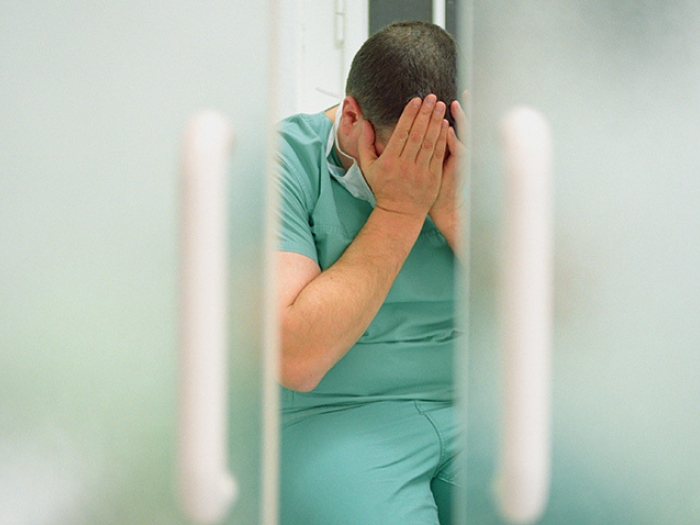
Health Lab
First-year surgery residents, and first-year medical residents in all fields who are members of sexual minorities such as LGBTQ+, are more likely than others to develop depression during the stressful training period.
News Release
Window washers dressed as superheroes surprised young patients who smiled, cheered and waved at the familiar faces outside their hospital rooms.

Health Lab
After a liver transplant drastically improved Avery Brusseau’s quality of life, the 13-year-old decided to organize a toy drive to help future patients.
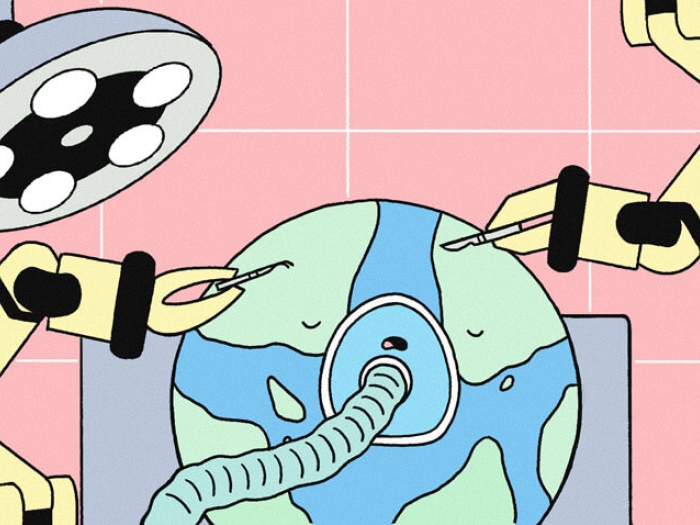
Health Lab
Surgery is a significant contributor to climate change. A resident and a medical student suggest some sustainable solutions.

Health Lab
Infertility affects an estimated 1 in 8 couples in the U.S. One new set of parents candidly share their ups and downs of trying to start a family.
News Release
On Saturday, April 30, Michigan residents in 13 counties have a chance to get opioids and other unused and expired prescription medications out of their medicine cabinets through 29 simultaneous events held around the state.
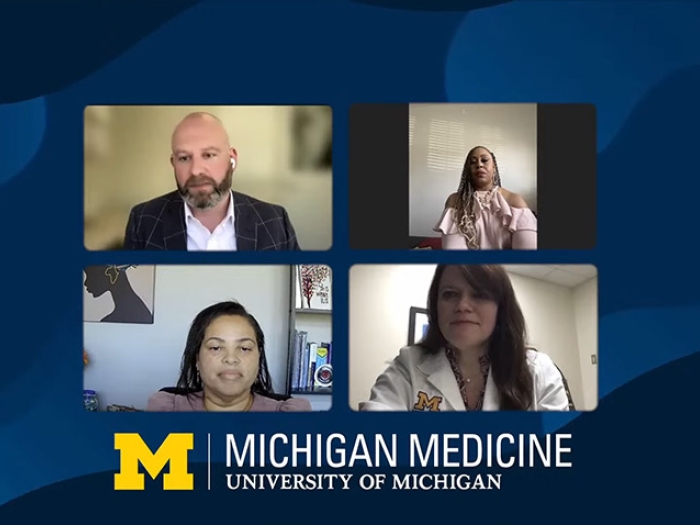
Health Lab
Two physicians and a patient discuss how to improve control of asthma and allergy symptoms—and how to advocate for treatment.
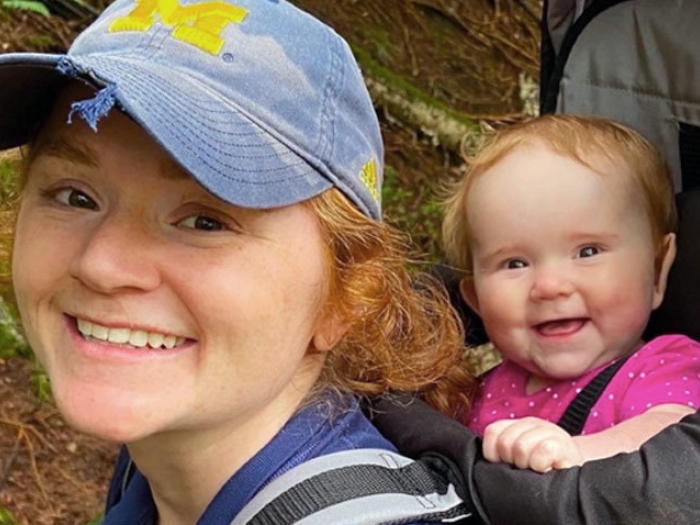
Health Lab
Catherine Wagner, a cardiothoracic surgery resident, experienced firsthand how policies established by a previous cohort provided support for pregnant and breastfeeding trainees.

Health Lab
Some pharmacies participated in the standing order but did not have any naloxone available on the shelf.
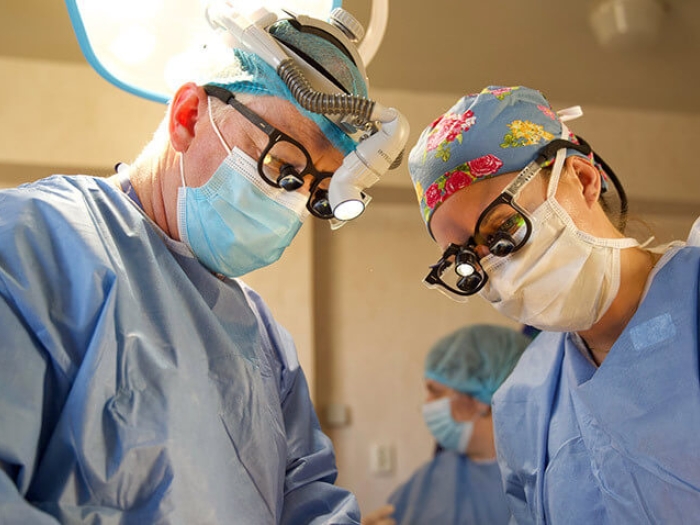
Health Lab
When Russia invaded Ukraine in late February, University of Michigan Health plastic surgeon David Brown and several other doctors organized a medical supply drive for Ukrainian hospitals.

Health Lab
Artificial intelligence helped physicians more accurately assess whether a patient responded to bladder cancer treatment.
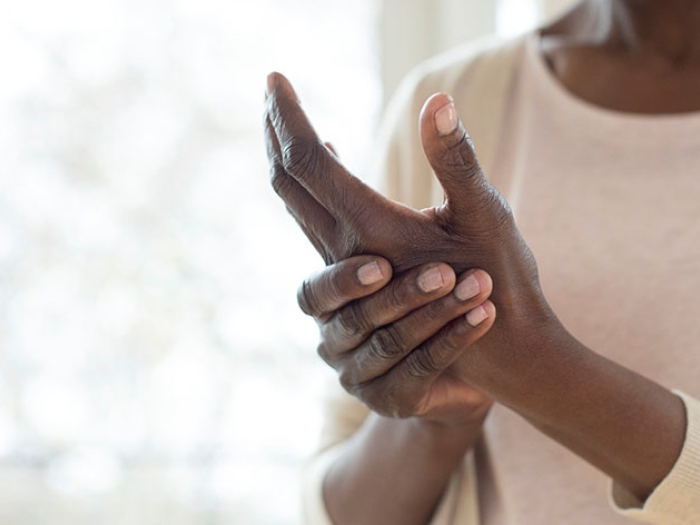
Health Lab
An expert weighs in on the key things to consider.
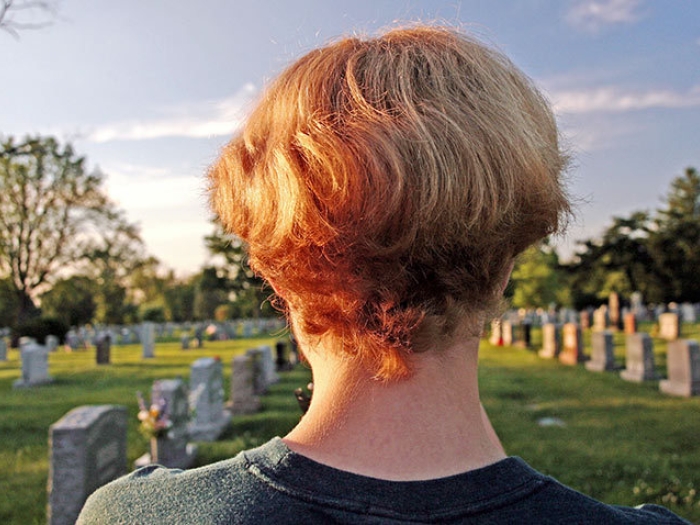
Health Lab
A data analysis shows firearm-related deaths among children and adolescents increased by 29% from 2019 to 2020.
News Release
Age-related macular degeneration (AMD) is the leading cause of irreversible blindness in people over 50. An $11.5 million gift to the University of Michigan Health W.K. Kellogg Eye Center aims to change that.

Health Lab
Data-driven approach suggests more locked-storage assistance is needed, as well as tailored risk reduction approaches for those with memory and mental health concerns.